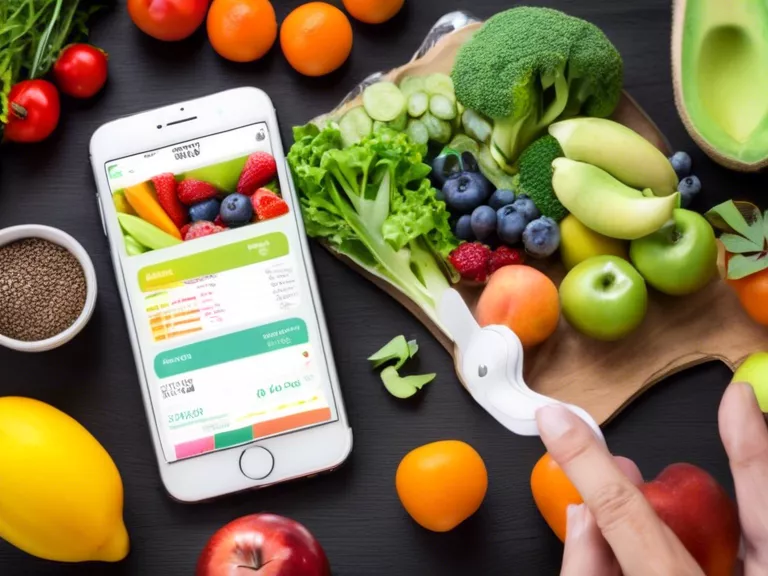
Nutrition apps have become increasingly popular in helping individuals meet their health goals by providing personalized meal plans, tracking food intake, and offering nutritional information. These apps serve as powerful tools to assist in making healthier choices and reaching specific health objectives.
One of the main benefits of nutrition apps is their ability to track calorie intake and macronutrients. By simply inputting the foods consumed throughout the day, users can see a breakdown of their nutritional intake in terms of calories, protein, fats, and carbohydrates. This feature allows individuals to better understand their eating habits and make adjustments as needed to achieve their desired health outcomes.
Additionally, nutrition apps often offer personalized meal plans based on individual goals such as weight loss, muscle gain, or maintenance. These meal plans take into account dietary preferences, allergies, and restrictions to create a customized eating plan that aligns with the user's health objectives. This can help users stay on track with their nutrition goals and ensure they are consuming a well-balanced diet.
Furthermore, nutrition apps provide valuable nutritional information for various foods and recipes. Users can easily look up the nutritional content of different foods, compare options, and make informed choices about what to eat. This can be particularly helpful for individuals with specific dietary requirements or those looking to improve their overall nutrition.
Overall, nutrition apps play a crucial role in helping individuals meet their health goals by providing tools for tracking food intake, offering personalized meal plans, and providing nutritional information. With the convenience and accessibility of these apps, users can take control of their health and make positive changes to their eating habits.



